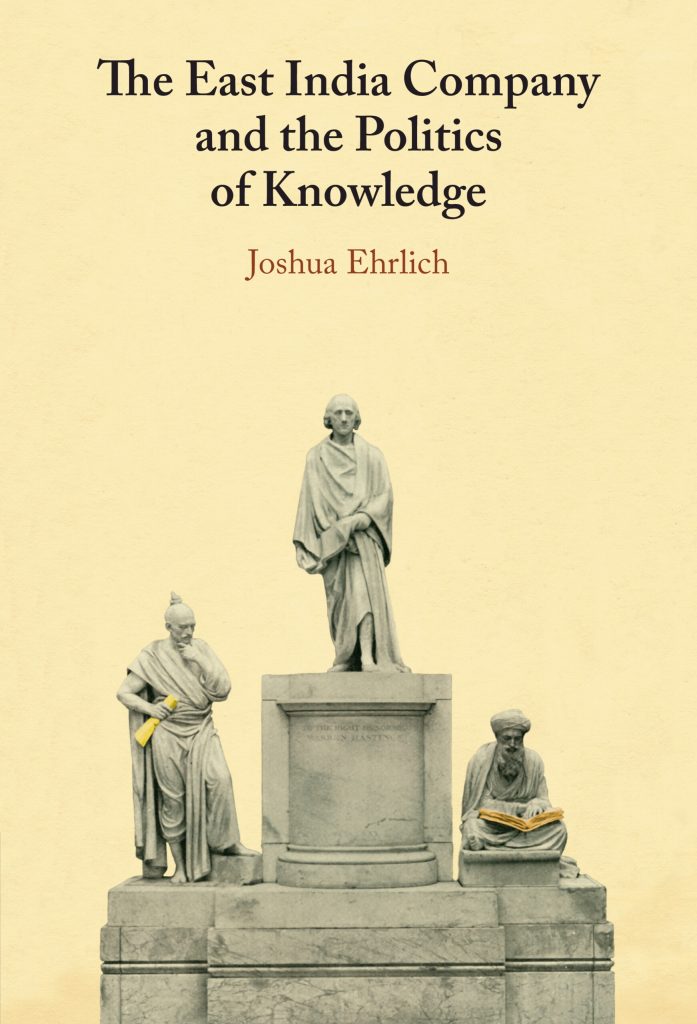
The East India Company and the Politics of Knowledge
Joshua Ehrlich, assistant professor in the Department of History of the University of Macau (UM) Faculty of Arts and Humanities, recently had his book, The East India Company and the Politics of Knowledge, published by Cambridge University Press. The book is the product of a decade of research in over 30 archives spanning three continents. It shows how the British East India Company used knowledge to consolidate its commercial and political power, thus constituting the major new study of the company.
According to Ehrlich, the British East India Company is remembered as the world’s most powerful but notorious corporation. However, generations of its advocates have revealed that a commitment to knowledge was integral to the company’s ideology. The book shows how the company cited this commitment in defence of its increasingly fraught union of commercial and political power. Developing a new approach, the history of ideas of knowledge, the author recovers a world of debate among the company’s officials and interlocutors on the political uses of knowledge. Not only were these historical actors highly articulate on the subject but their ideas continue to resonate in the present. Knowledge was a fixture in the politics of the company, according to Ehrlich, just as it seems to be becoming a fixture in today’s politics.
Advance reviews from leading scholars describe the book as ‘important’, ‘compelling’, ‘thought-provoking’, and ‘as ambitious as it is meticulous’. According to Rosane Rocher, a professor emerita at the University of Pennsylvania, ‘Ehrlich’s wonderful book will be required reading for historians of the East India Company, South Asia, and the British Empire.’ Those who are interested can read the book via Cambridge University Press’s online platform: https://doi.org/10.1017/9781009367967.
Joshua Ehrlich joined UM in 2018. He holds a BA in history from the University of Chicago and an MA and a PhD in history from Harvard University. His research interests include the histories of knowledge, political thought, the British Empire, and South and Southeast Asia.

